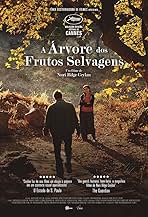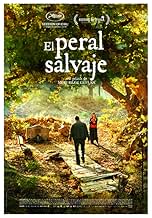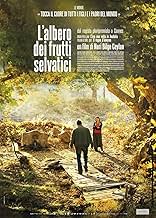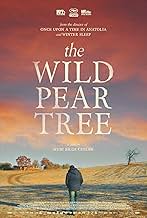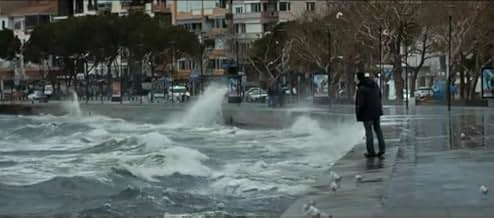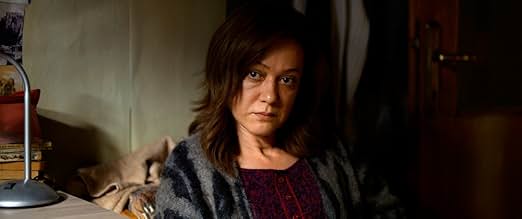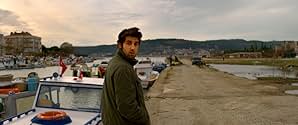An unpublished writer returns to his hometown after graduating, where he seeks sponsors to publish his book while dealing with his father's deteriorating indulgence into gambling.An unpublished writer returns to his hometown after graduating, where he seeks sponsors to publish his book while dealing with his father's deteriorating indulgence into gambling.An unpublished writer returns to his hometown after graduating, where he seeks sponsors to publish his book while dealing with his father's deteriorating indulgence into gambling.
- Director
- Writers
- Stars
- Awards
- 10 wins & 15 nominations total
- Sinan Karasu
- (as Aydin Doğu Demirkol)
- Yasemin Karasu
- (as Asena Keskinci)
- Director
- Writers
- All cast & crew
- Production, box office & more at IMDbPro
Featured reviews
It's very easy to find things from your own life within the story and the dialogues that occur which makes a lot of the little-longer-than-usual scenes very engaging and that makes you wonder how the dialogue is gonna develop and conclude.
I normally don't care too much about the length of movies but I'm a little bit on the negative side with this one. That's mainly because of what I told myself halfway through the movie which was; "Ohhh, we're only halfway" instead of "Yeahhh, we're only halfway".
It's about a young writer who recently finished university. He must move back to his village from the city where he went to school. So his struggles start as he doesn't want to get used to the village life.
Did you know
- TriviaAccording to Nuri Bilge Ceylan, The Wild Pear Tree is about a son's unavoidable slide towards a fate resembling that of his father.
- Quotes
Sinan Karasu: When we learn we are not so important why is our instinct to be hurt? Wouldn't it be better to treat it as a key moment of insight? We engender our own beliefs. Thus we need to believe in separation as much as in beauty and love, and to be prepared. Because rupture and separation in wait for everything beautiful. In which case, why not treat these tribulations as constructive disasters that help us pierce our own mysteries.
- ConnectionsFeatures Umutsuzlar (1971)
- SoundtracksPassacaglia and Fugue in C minor, BWV 582
Composed by Johann Sebastian Bach
Performed by Leopold Stokowski
- How long is The Wild Pear Tree?Powered by Alexa
Details
- Release date
- Countries of origin
- Official sites
- Language
- Also known as
- The Wild Pear Tree
- Filming locations
- Yenice, Çanakkale, Turkey(location)
- Production companies
- See more company credits at IMDbPro
Box office
- Gross US & Canada
- $34,014
- Opening weekend US & Canada
- $4,923
- Feb 3, 2019
- Gross worldwide
- $1,696,258
- Runtime
- 3h 8m(188 min)
- Color
- Sound mix
- Aspect ratio
- 2.39 : 1


